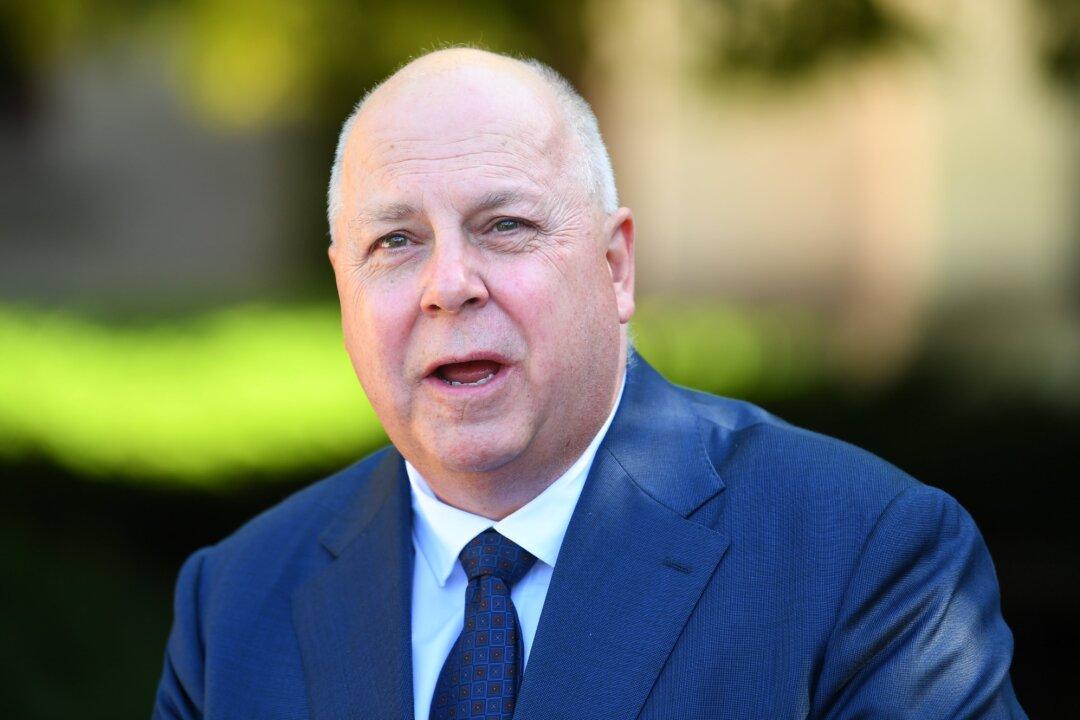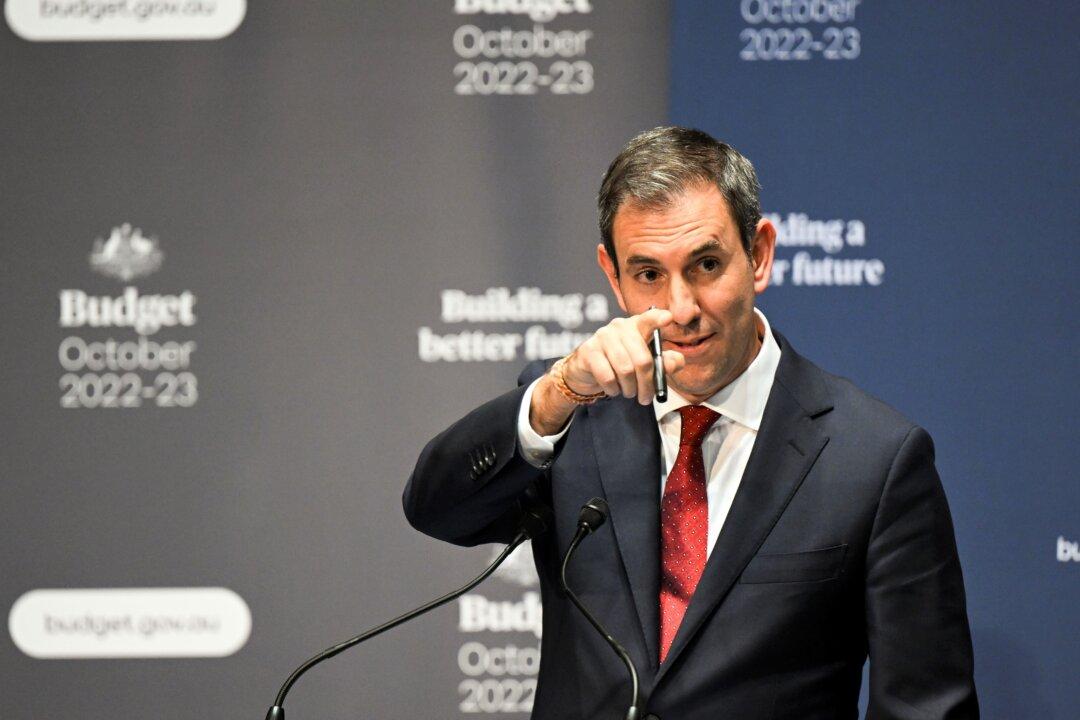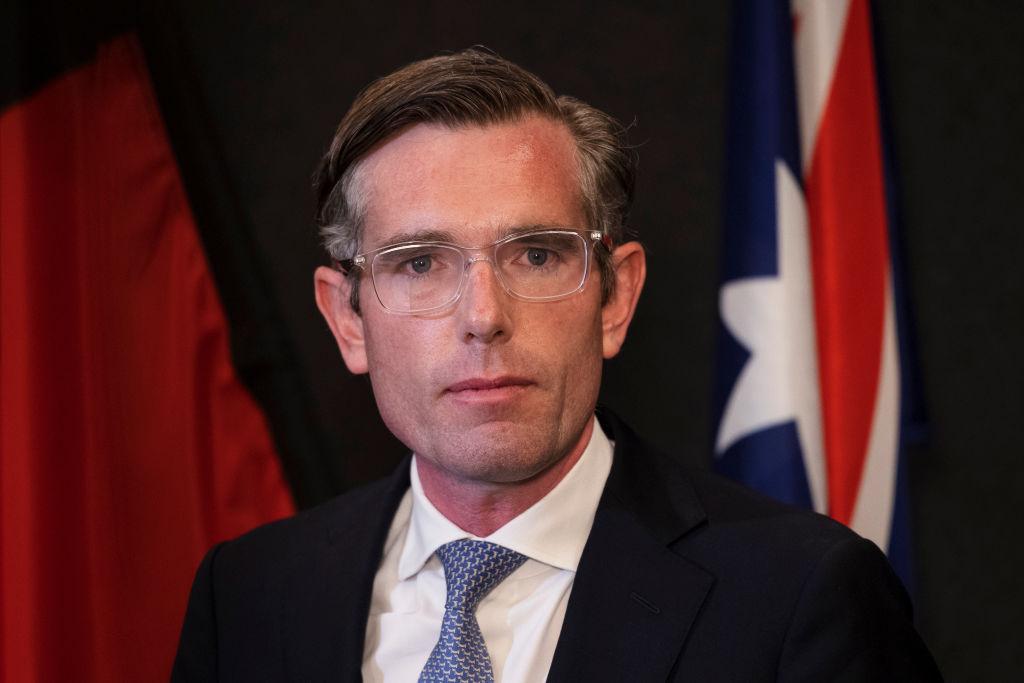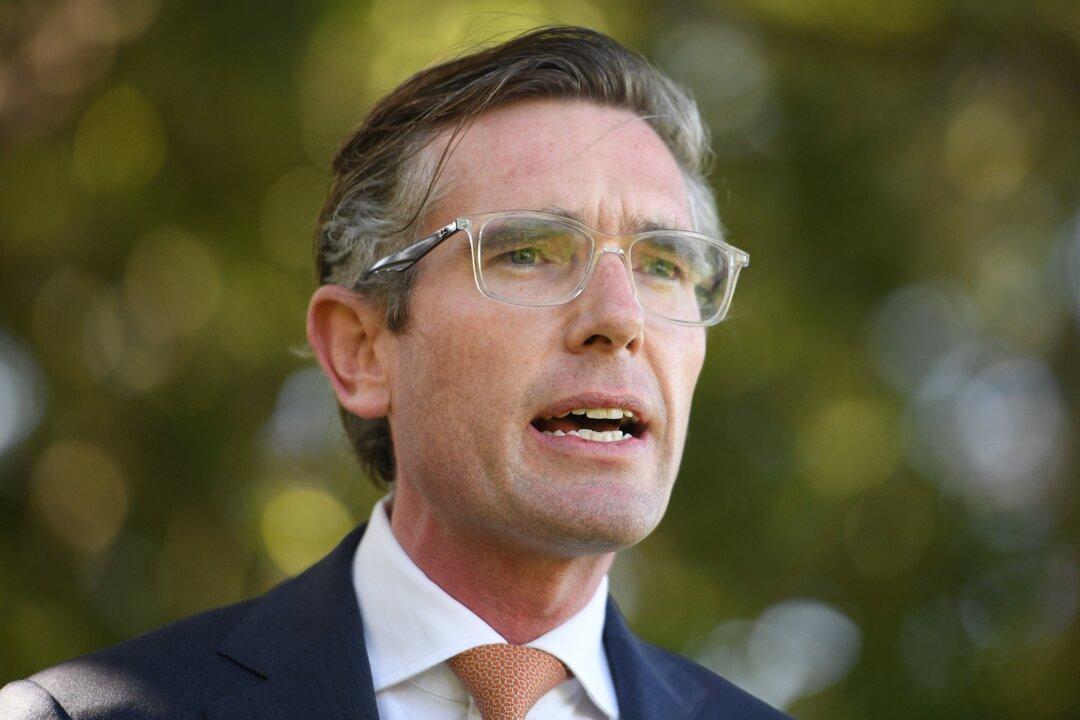Commentary
One of the most intriguing announcements in last week’s Victorian state budget was the removal of a land tax exemption for gender-exclusive clubs (affecting men-only or women-only clubs). It was also one of the smallest changes in a big-spending, big-taxing budget, reaping the state just $100,000 or so out of a total revenue of $75 billion (US$58 billion) a year.





